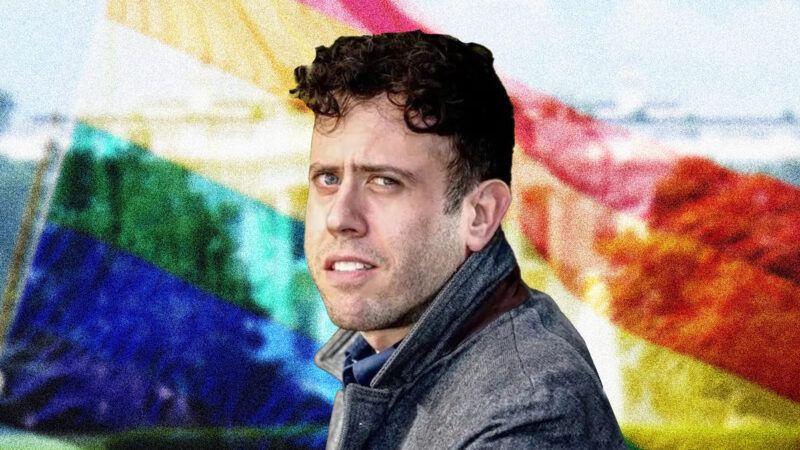James Kirchick: How Homophobia Warped the Cold War
The Secret City author explains how panic about homosexuality led to discrimination, bad policy, and, eventually, freedom.

During the Cold War in America, about the two worst things you could be accused of was being a communist or a homosexual. In fact, people like FBI Director J. Edgar Hoover routinely conflated the two, asserting that the Soviet Union blackmailed gay diplomats, politicians, and citizens into betraying the United States. Despite no evidence of that, the federal government banned gay and lesbian employees, leading to all sorts of discriminatory and stupid behavior on the part of government officials and private actors.
In the new book Secret City: The Hidden History of Gay Washington, James Kirchick explores how panic and hysteria over gays informed everything from the Alger Hiss trial to Lyndon Johnson's 1964 presidential campaign to Ronald Reagan's first run for governor of California and his two terms in the White House.
Kirchick, a columnist at Tablet and a writer at large for Air Mail, also talks to me about a libertarian angle to all this too besides the government discriminating against people due to sexual orientation: Gay rights activists such as Randy Shilts, whose And The Band Played On was the first big history of the AIDS crisis, and Harvey Milk, the openly gay politician who was assassinated after being elected to the San Francisco Board of Supervisors, started out as ardent Barry Goldwater supporters. So did Young Americans for Freedom activist and former Rep. Robert Bauman (R–Md.), who lost his 1980 re-election bid after getting caught soliciting sex from a 16-year-old male prostitute.
"For gay men of this particular generation, of this particular political disposition, they were inclined towards libertarianism," Kirchick tells me. "They were inclined towards small government. Get off my back. That's what Barry Goldwater was was advertising in 1964."
We also talk about people like Frank Kameny, a federal employee who sued the government after getting fired simply for being gay, and how the gay rights movement is a powerful model for social and political change based on individual rights.


Show Comments (57)